Indigenous Governance Database
strategic orientation

Rebuilding Nations: The Next Generation
Turtle Mountain Ojibwe youth from North Dakota tell the story of their Tribe’s history and the importance of cultural revitalization today. Produced in partnership with Twin Cities PBS and producer/director Missy Whiteman. Special thanks to Dr. Twyla Baker, Alexis Davis, Colten Birkland, and Eddie…
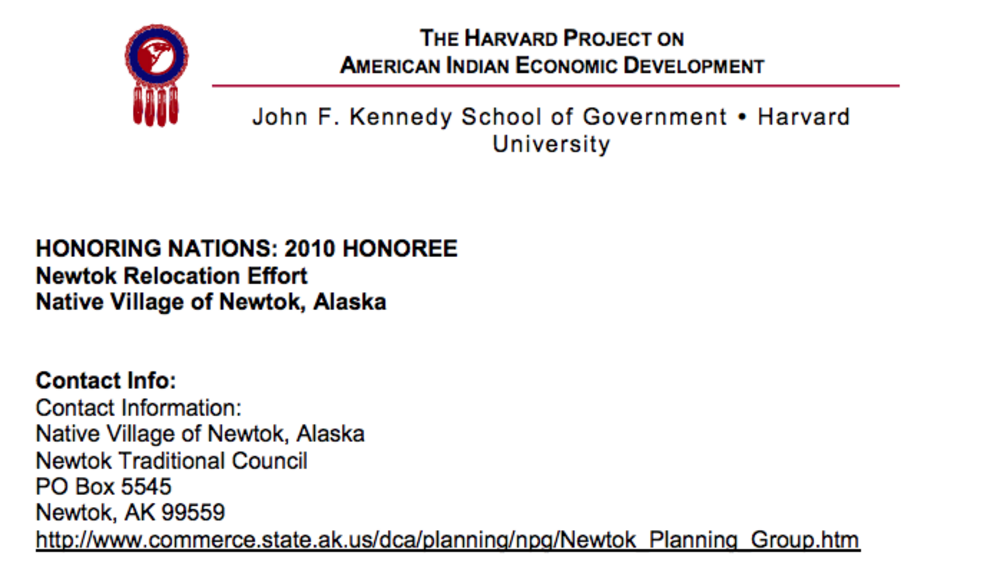
Newtok Relocation Effort
Scientists and politicians spend hours debating the facts of climate change, but in many places damaging changes to the local environment are already a reality. In the past decade, more and more human settlements have been threatened by catastrophic flooding, wildfires, or drought caused by…
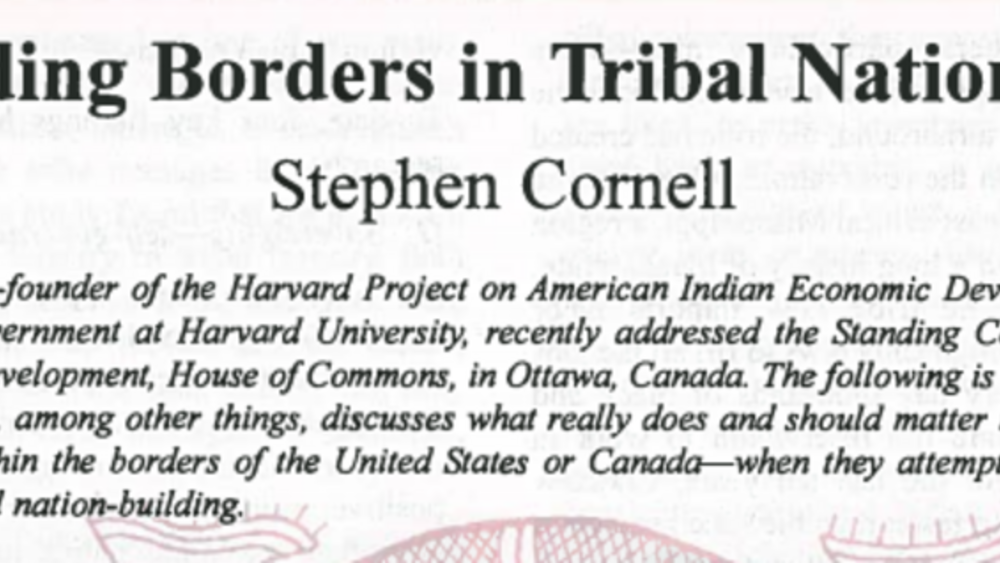
Transcending Borders in Tribal Nation-Building
Dr. Stephen Cornell addressed the Standing Committee on Aboriginal Affairs and Northern Development, House of Commons, in Ottawa, Canada. The following is the excerpted transcript from his address, which, among other things, discusses what really does and should matter to Indigenous peoples--…
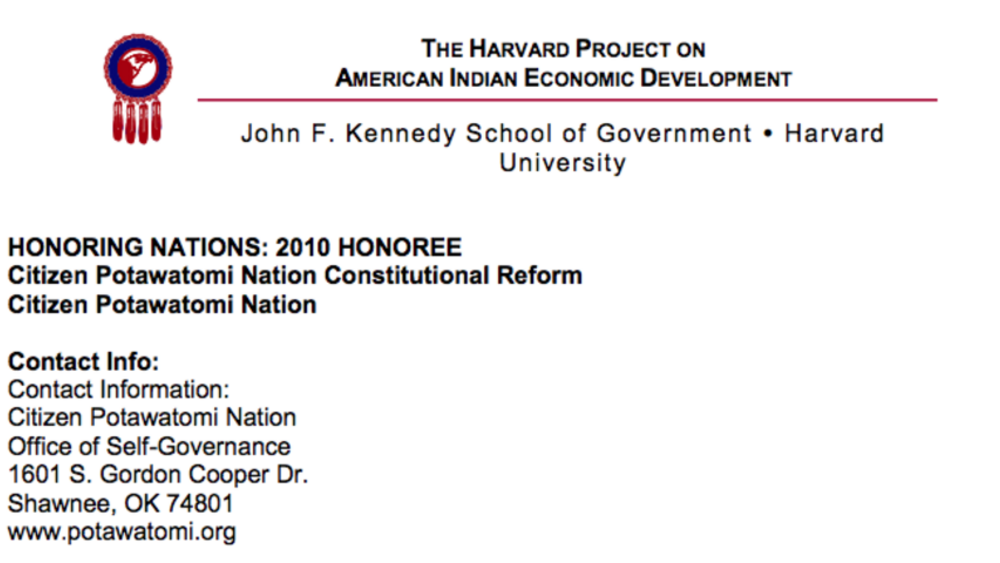
Citizen Potawatomi Nation Constitutional Reform
Tribal governments across the United States work tirelessly to provide their citizens with effective systems of governance. After years of failed assimilation attempts, the federal government imposed blanket political systems upon almost all tribes regardless of those systems’ effectiveness or…
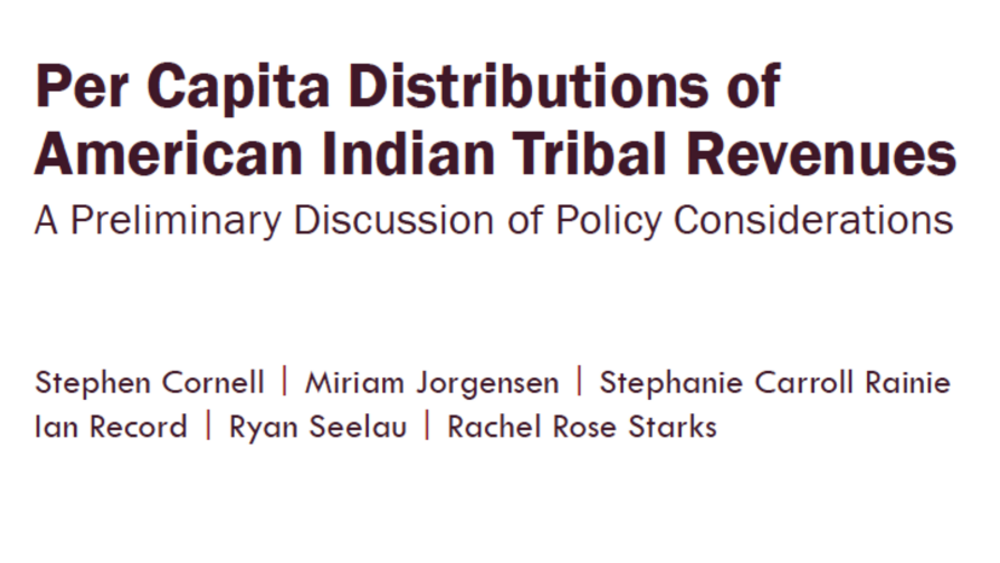
Per Capita Distributions of American Indian Tribal Revenues: A Preliminary Discussion of Policy Considerations
This paper examines policy considerations relevant to per capita distributions of tribal revenues. It offers Native nation leaders and citizens food for thought as they consider whether or not to issue per capita payments and, if they choose to do so, how to structure the distribution of funds and…
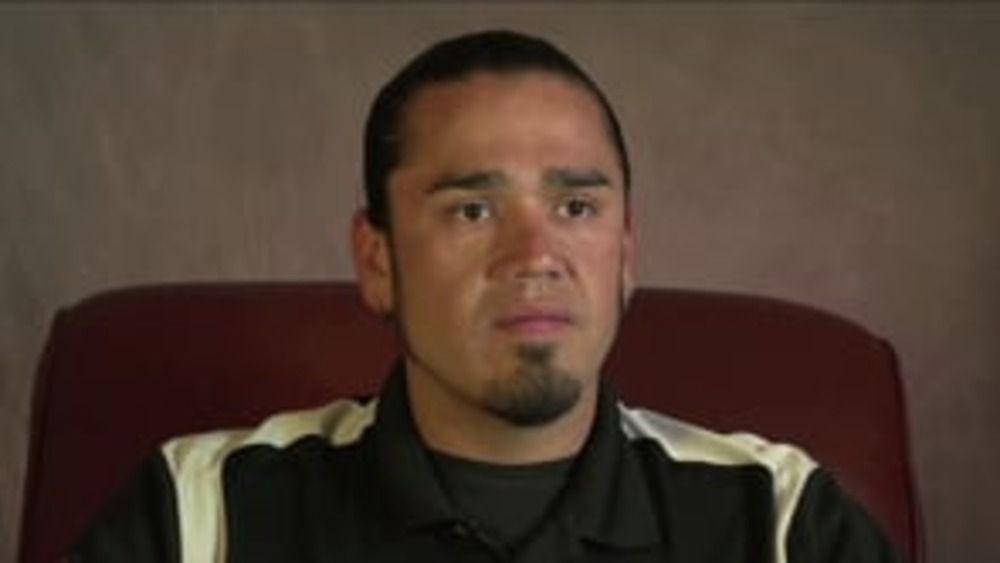
Justin Beaulieu: The Red Lake Nation's Approach to Constitutional Reform
Justin Beaulieu (Red Lake Nation), coordinator of the Red lake Nation Constitution Reform Initiative, provides a detailed overview of how the Red Lake Nation's constitution reform committee has designed and is implementing a methodical, strategic, comprehensive approach to reviewing and reforming…
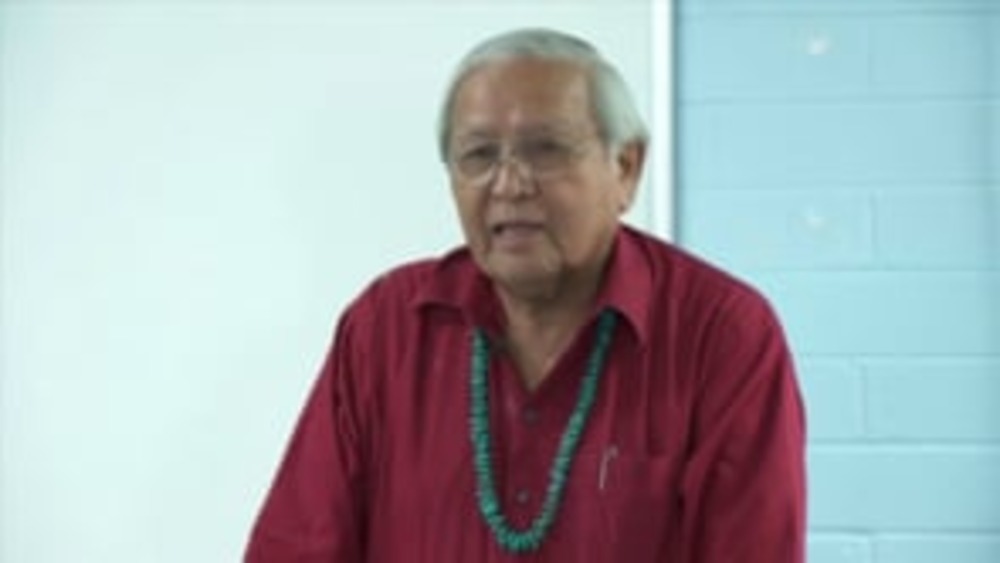
Peterson Zah: Native Nation Building: The Place of Education
Dr. Peterson Zah, former Chairman and President of the Navajo Nation, discusses the importance of higher education in empowering Native nations' efforts to achieve their nation-building goals. He also discusses the Navajo Nation Permanent Trust Fund as an example of the strategic orientation that…
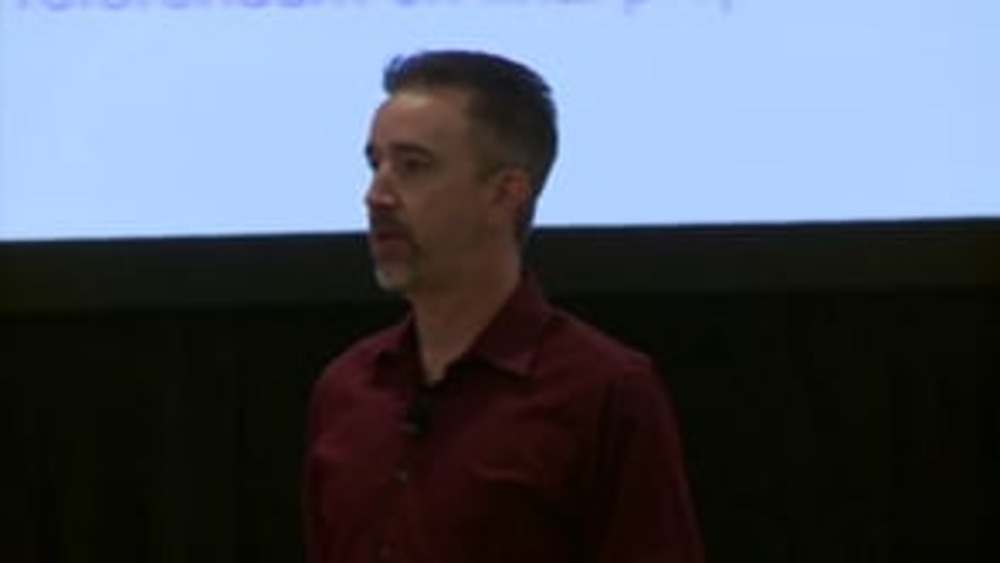
Ian Record: Setting the Focus and Providing the Context: Critical Constitutional Reform Tasks (Presentation Highlight)
In this highlight from the presentation "The Process of Constitutional Reform: The Challenge of Citizen Engagement," NNI's Ian Record lays out two critical overarching tasks that those charged with leading a nation's constitutional reform effort must undertake.
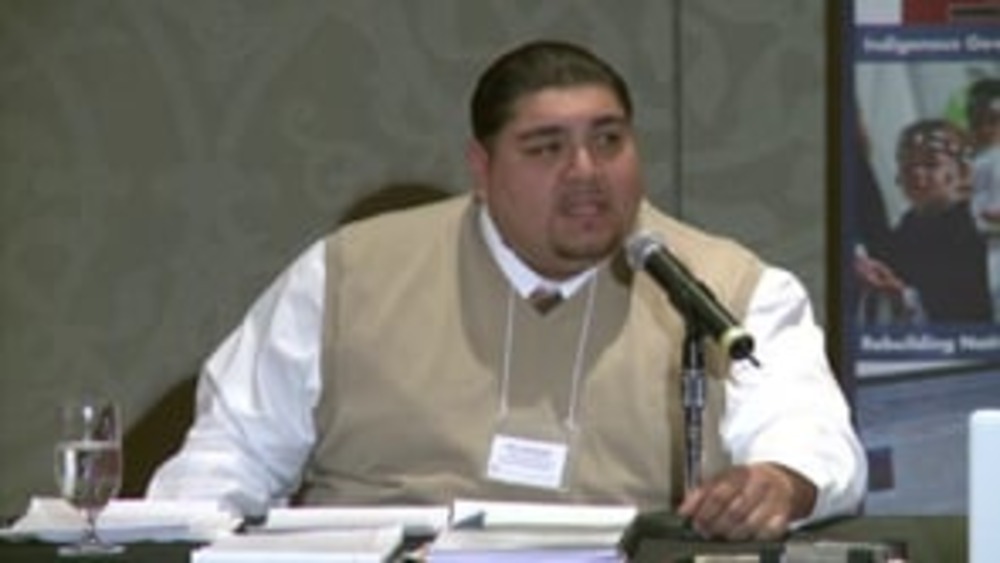
Ruben Santiesteban and Joni Theobald: Choosing Our Leaders and Maintain Quality Leadership: The Lac du Flambeau Band of Lake Superior Chippewa Indians
Ruben Santiesteban and Joni Theobald of the Lac du Flambeau Band of Lake Superior Chippewa Indians provide an overview of how Lac du Flambeau developed a new approach to cultivating and then selecting quality leaders to lead the Band to a brighter future.
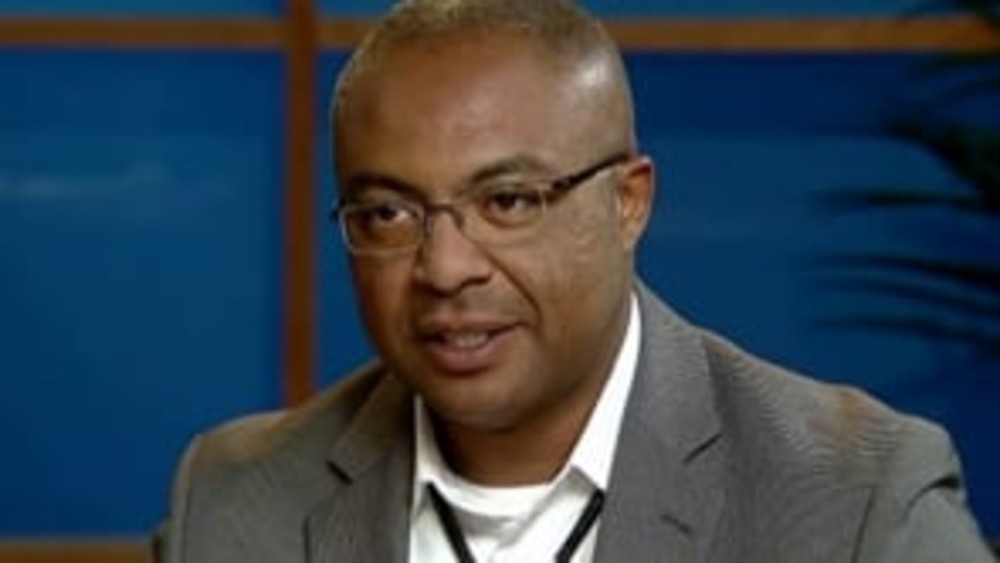
From the Rebuilding Native Nations Course Series: "What Effective Bureaucracies Need"
Native leaders offer their perspectives on the key characteristics that Native nation bureaucracies need to possess in order to be effective.
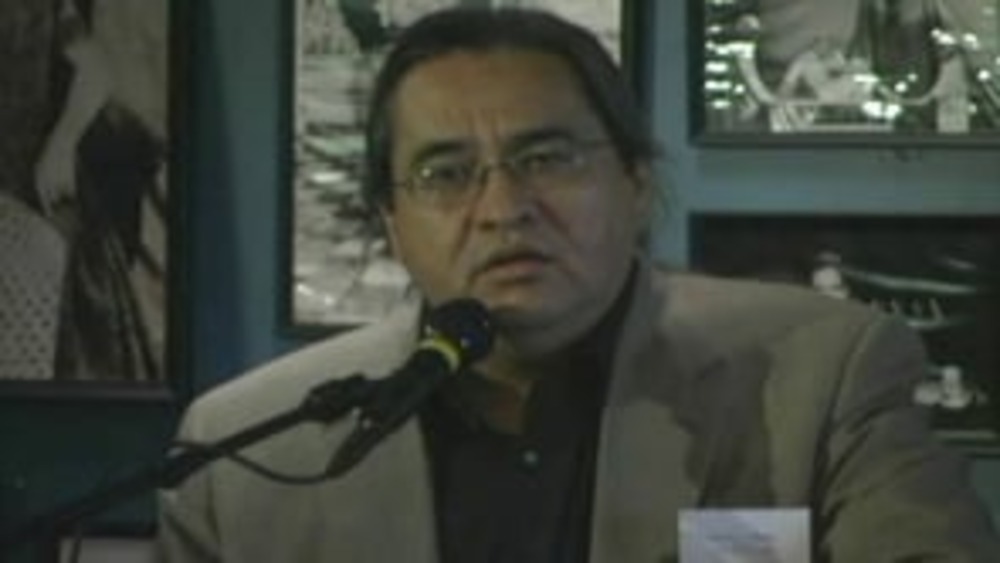
Honoring Nations: Manley Begay: So You Have a Great Program...Now What?!
"Forward-thinking" is often used to describe innovative programs. In remarks designed to frame the symposium session "So You Have a Great Program...Now What?!", Manley A. Begay, Jr. talks about strategic orientation, planning, and implementation as critical to sustaining the success of tribal…
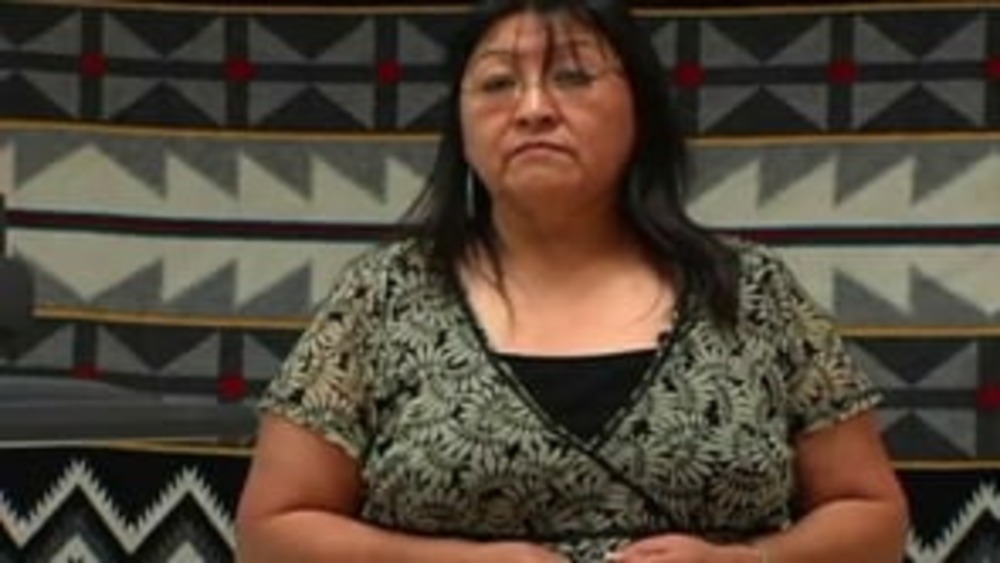
From the Rebuilding Native Nations Course Series: "Strategic Clarity"
NNI Executive Director Joan Timeche stresses the importance of Native nations having strategic clarity in the development and operation of effective bureaucracies.
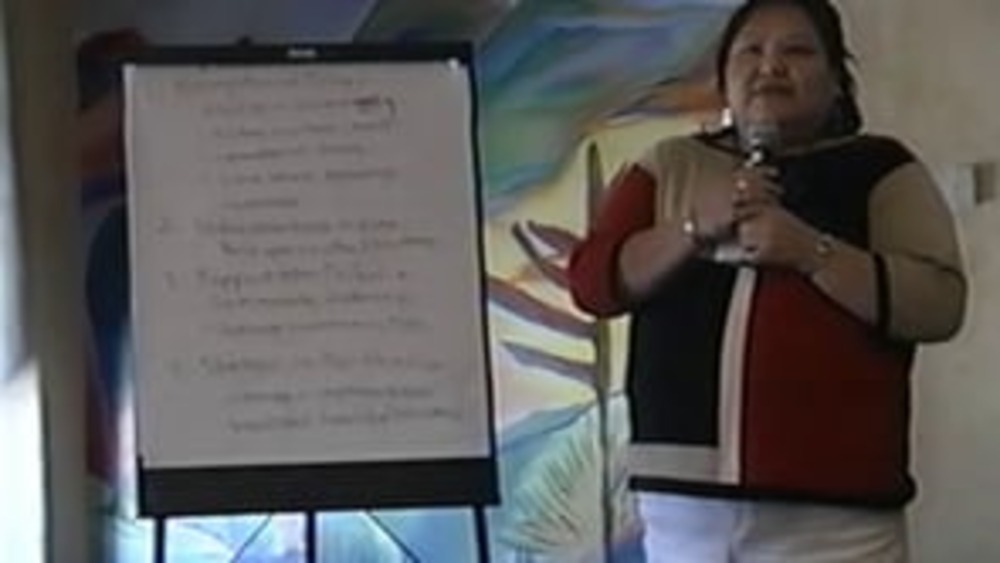
Honoring Nations: Elizabeth Woody: Environment and Natural Resources
Elizabeth Woody reports back to her fellow Honoring Nations symposium attendees the consensus from the environment and natural resources breakout session participants, synthesizing their deliberations into four key elements for nation-building success in the environmental and natural resource…
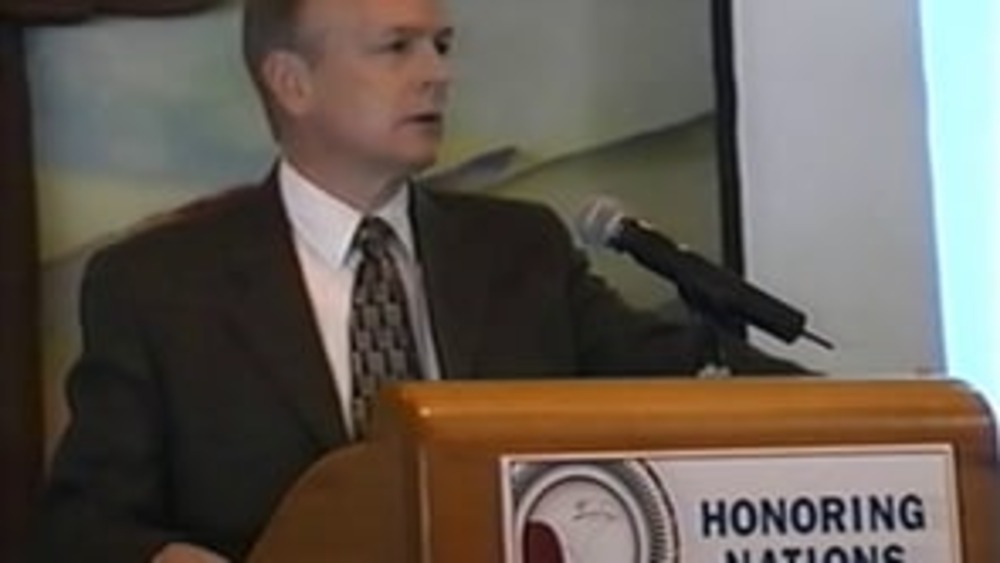
Honoring Nations: Stephen Cornell: Achieving Good Governance: Lessons from the Harvard Project & Honoring Nations
Co-director of the Harvard Project on American Indian Economic Development Stephen Cornell offers a review of how the Honoring Nations program evolved out of the nation-building movement and successes among Native nations.

Honoring Nations: Miriam Jorgensen: Achieving Good Governance: Cross-Cutting Themes
Miriam Jorgensen, Director of Research for the Native Nations Institute and the Harvard Project on American Indian Economic Development, shares the cross-cutting themes of good governance that exist among the Honoring Nations award-winning programs.
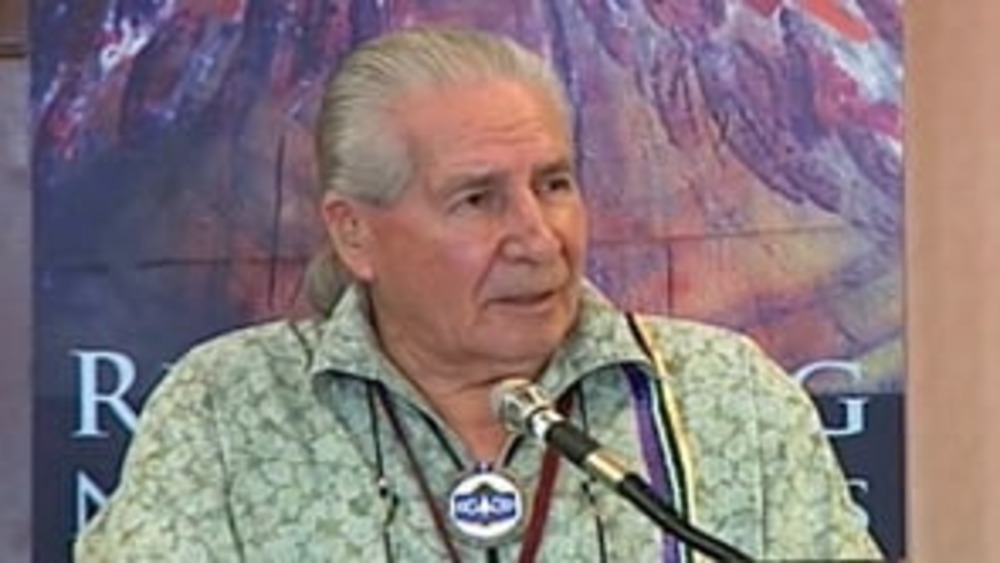
From the Rebuilding Native Nations Course Series: "The Strategic Approach to Leadership"
Native leaders discuss why it is important for Native nation leaders to take a strategic approach to leadership, stressing that the decisions they make must be made with the culture and values of their people and the next seven generations in mind.
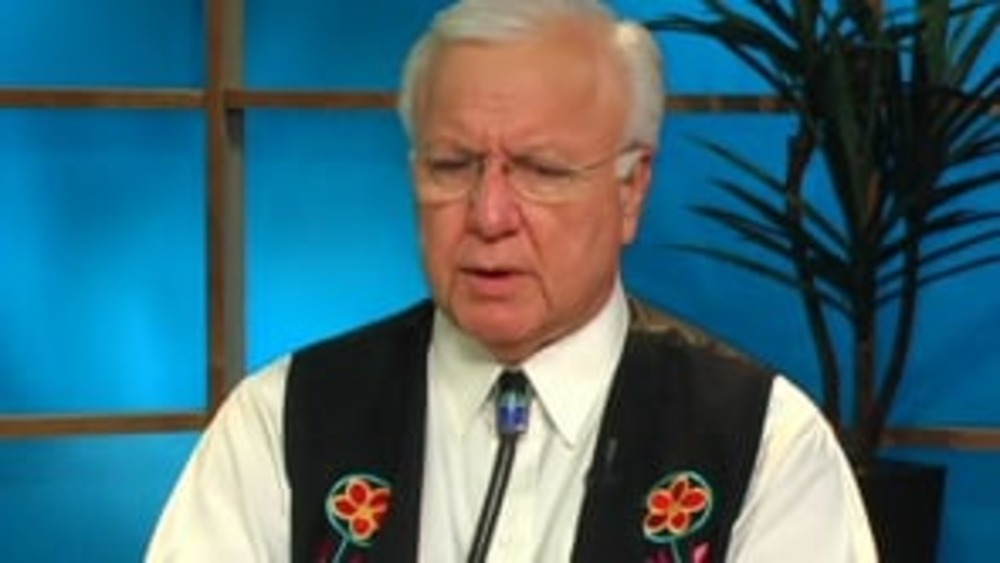
From the Rebuilding Native Nations Course Series: "Why are Some Native Nations More Successful than Others?"
Native leaders offer their perspectives on why some Native nations have proven more successful than others in achieving their economic and community development goals.
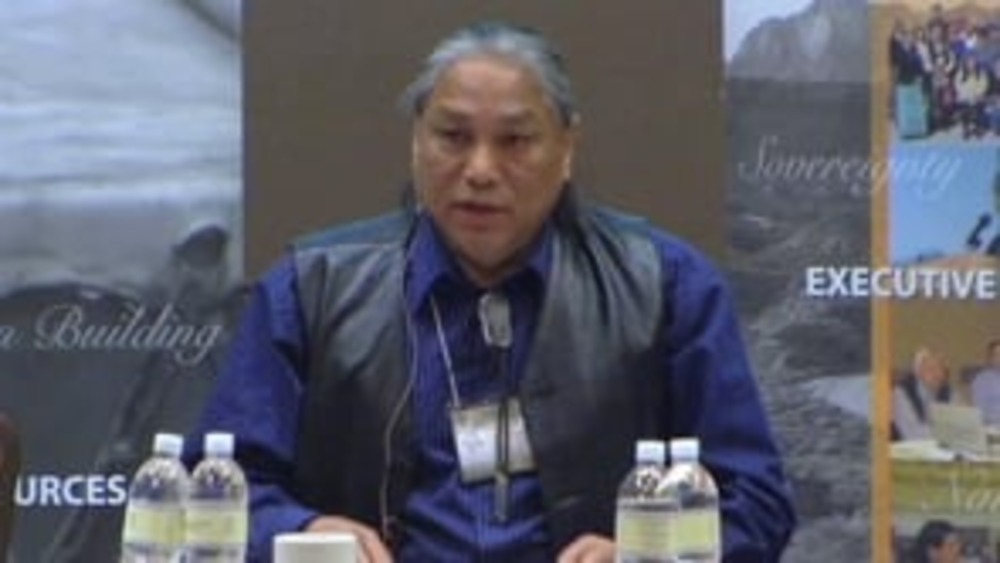
Denny Hurtado: Addressing Tough Governance Issues
Former Skokomish Tribal Nation Chairman Denny Hurtado discusses how he, his fellow leaders and his nation exercised its sovereignty in order to navigate past some tough governance challenges to fund their government, restore their land base, and protect their natural resources.
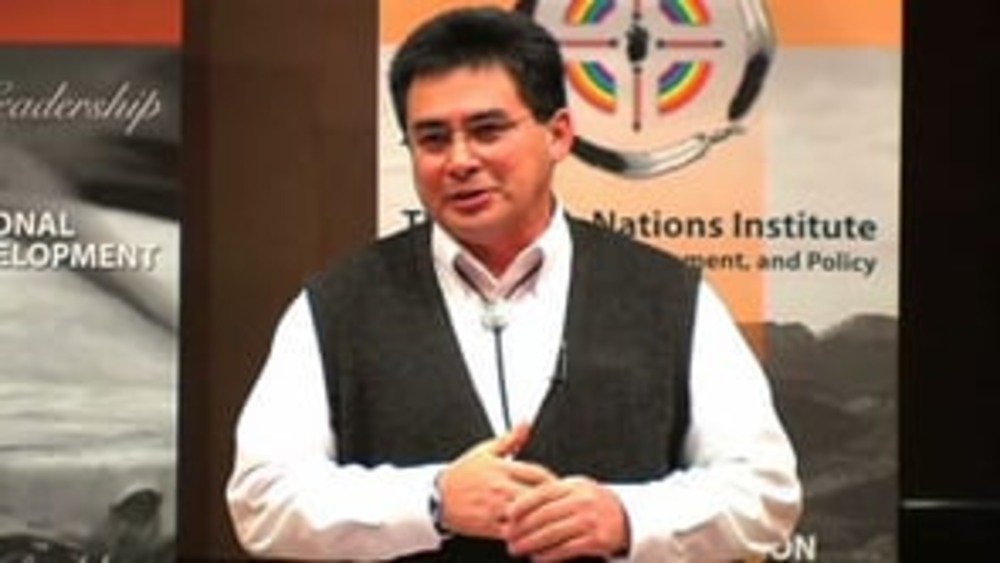
Jaime Pinkham: How Do You Hit the Ground Running?: Strategies for Handling the Load and Forging Ahead
Former Nez Perce Tribal Treasurer Jaime Pinkham speaks about his experience as a leader of his nation and what it takes to "hit the ground running" when one assumes a leadership role.
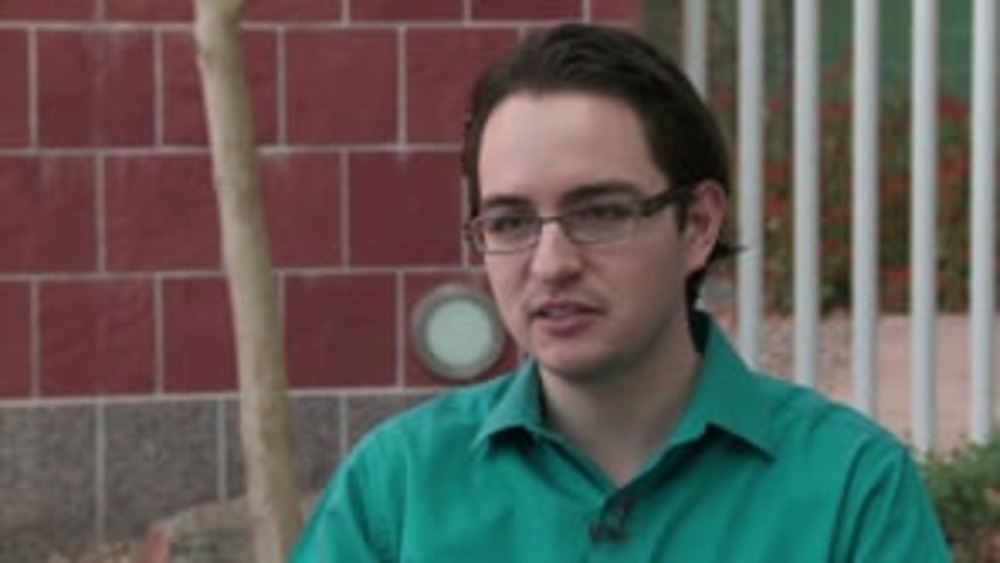
David Montgomery: The Quinault Indian Nation's Q-munity Roadmap
In this interview with NNI's Ian Record, Quinault Indian Nation Budget Officer David Montgomery provides a comprehensive overview of Quinault's Q-munity Roadmap performance-based budgeting process, and discusses how citizen education and engagement has proven crucial to the success of this…
